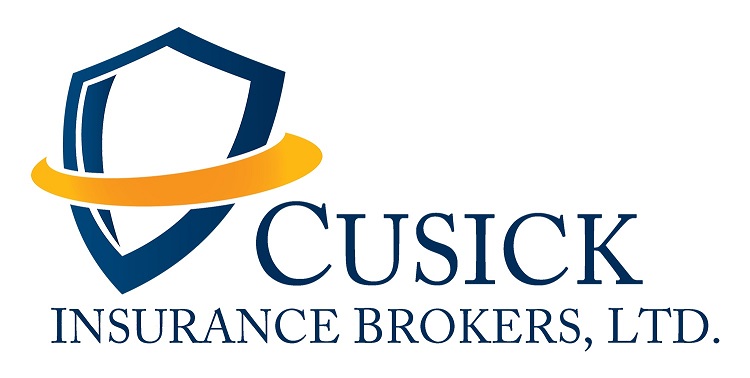In the intricate landscape of healthcare, medical providers are incessantly confronted with a myriad of potential liabilities and risks. It is this element of uncertainty that underscores the necessity for comprehensive insurance among healthcare professionals, be it a solo practitioner or a multi-specialty hospital. The strategic acquisition of robust insurance coverage is pivotal to the successful and sustainable operation of any medical practice.
To begin with, medical practitioners are humans, and humans can make errors. However, in the world of healthcare, the stakes are high and the consequences of mistakes, be it misdiagnosis or surgical errors, can be far-reaching and, sometimes, irreversible. This is where professional liability insurance, often referred to as malpractice insurance, comes into play. It provides coverage against claims of negligence or mistakes that cause injury or harm to patients. In an era where medical lawsuits are not uncommon, malpractice insurance acts as a bulwark against potential financial ruin.
In terms of numbers, malpractice lawsuits can entail astronomical sums, particularly in severe cases involving long-term disability or death. Even when medical providers successfully defend themselves, the cost of legal defense alone can be crippling. Professional liability insurance takes on the financial burden of both these defense costs and any resulting settlements or judgements, ensuring that the practitioner or hospital’s financial health is not imperiled.
In addition to professional liability insurance, medical providers should seriously consider general liability insurance. This policy safeguards against claims of physical injury or property damage that occur within the premises of the healthcare facility. Suppose a visitor slips and falls in a clinic or a patient’s personal belongings are damaged while under care. In such scenarios, general liability insurance can cover the associated costs, shielding the provider from unexpected financial outlays.
Given the digital transformation in the healthcare industry, where electronic health records (EHR) have become the norm, cyber liability insurance is another indispensable coverage. Medical providers handle a wealth of sensitive patient data, a breach of which could result in significant financial penalties, along with severe reputational damage. Cyber liability insurance protects healthcare entities from the fallout of such data breaches, including costs related to breach notification, credit monitoring, legal fees, and regulatory fines.
Workers’ compensation insurance is another key policy that medical providers should carry. This insurance covers expenses like medical treatment and disability benefits if an employee is injured or becomes ill due to their job. Given that healthcare professionals often work in environments where they are exposed to various health risks, workers’ compensation insurance is vital in ensuring their welfare and, by extension, the smooth functioning of the medical practice.
For larger medical establishments, Directors and Officers (D&O) insurance is of significant value. This type of insurance protects the personal assets of directors and officers, providing coverage for legal defense costs and any settlements or judgements arising from lawsuits alleging wrongful acts in their managerial roles. Given that healthcare administrators can be held personally liable in certain situations, D&O insurance is a critical shield against potential litigation.
Employment Practices Liability Insurance (EPLI) is another coverage that medical providers should consider. This policy protects employers from claims brought forth by employees alleging wrongful termination, discrimination, or harassment. With the surge in employment-related lawsuits, EPLI is becoming an increasingly important coverage for medical providers to have.
Beyond the financial protection offered by insurance, having sufficient coverage also communicates to patients that the provider prioritizes their safety and is prepared for unforeseen circumstances. Thus, adequate insurance coverage enhances the reputation of a healthcare provider and builds trust with patients, an indispensable ingredient for a successful medical practice.
In essence, the uncertain and complex world of healthcare delivery necessitates robust insurance coverage for medical providers. From safeguarding against professional liabilities to protecting physical and digital assets, dealing with workforce-related challenges, and building patient trust, insurance plays a crucial role in ensuring the seamless operation and resilience of medical practices.
Navigating the insurance needs of a healthcare practice is a complex task, and providers should work with experienced insurance professionals to ensure they have the coverage that best fits their specific needs and risk profile. With the right insurance in place, medical providers can confidently focus on their primary mission: delivering high-quality patient care. Indeed, in the volatile and unpredictable world of healthcare, comprehensive insurance isn’t a luxury—it’s a necessity.
